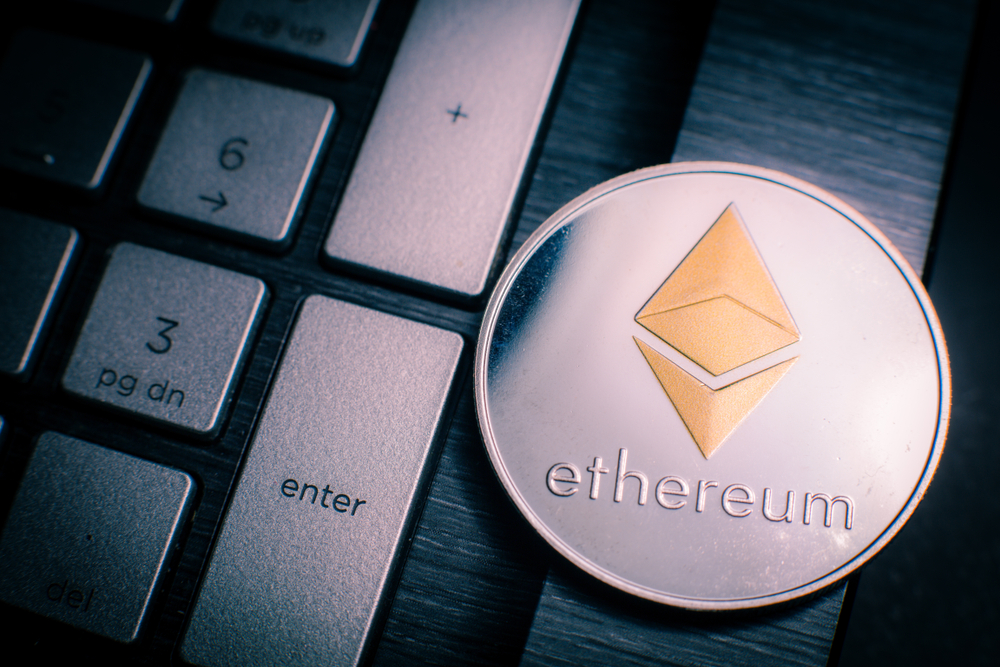$330 Million: EIP-999 Stokes Debate Over ETH Frozen by Parity’s Contract Bug

The debate over a controversial Ethereum Improvement Proposal (EIP) designed to restore a self-destructed smart contract holding hundreds of millions of dollars worth of ETH is heating up.
EIP-999 , written by Parity Technologies developer Afri Schoedon, calls for Ethereum to adopt a software upgrade that patches the UK-based company’s frozen multi-signature wallet contract library, allowing users to regain access to approximately 513,000 ETH.
Those funds — collectively worth nearly $330 million at the current exchange rate — were rendered unspendable last November after pseudonymous GitHub user “devops199” exploited a bug in the contract’s source code (accidentally, the user claims) that allowed him or her to declare ownership of the contract library and cause it to self-destruct.
Nearly 600 different wallet owners lost funds as a result of the bug, including Polkadot , a project led by former Ethereum CTO and Parity founder Gavin Wood. Polkadot’s wallet currently holds more than 306,000 ETH , now worth approximately $200 million.
“This proposal is necessary because the Ethereum protocol does not allow the restoration of self-destructed contracts and there is no other simple way to enable the affected users and companies regaining access to their tokens and Ether,” Schoedon wrote on GitHub.
Previous EIPs attempting to create a recovery process for self-destructed contracts have been met with resistance by the Ethereum community, and EIP-999 has attracted its share of critics — particularly since Parity’s contract is the only frozen library it would patch.
A poll hosted on Ethereum block explorer Etherchain — which allows users to vote by signing a message with their wallets and then tallies votes based on the funds held by voters — shows a tight debate, with 52.6 percent of funds — or ~1.6 million ETH — voting in opposition to the proposal.

However, social media users have raised two major criticisms of the poll, which they claim unfairly benefits its supporters. First, the poll allows contract creators to vote for the funds stored in those contracts — even if they are multi-sig wallets. Consequently, Polkadot was able to use its 306,000 ETH — which are not spendable unless EIP 999 or another similar measure is enacted — to vote in favor of the proposal.
Featured image from Shutterstock.